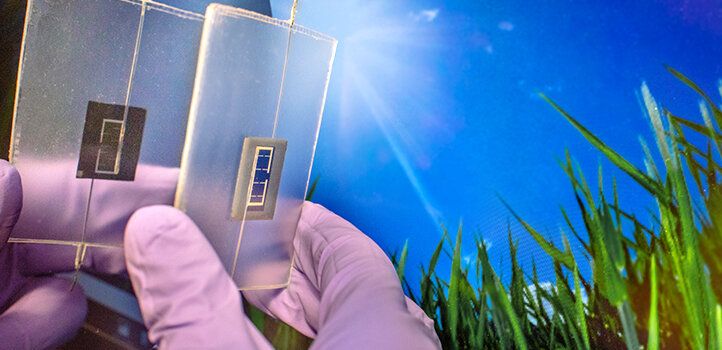Two types of materials are better than one when it comes to solar cells, as revealed by an international team that has tested a new combination of materials and architecture to improve solar-cell efficiency.
Silicon has long dominated as the premier material for solar cells, helped by its abundance as a raw material. However, perovskites, a class of hybrid organic-inorganic material, are a viable alternative due to their low-cost and large-scale manufacture and potentially higher performance. While still too unstable for full commercialization, they might become available to the market by 2022.
KAUST’s Michele De Bastiani and Stefaan De Wolf, working with colleagues in Canada, Germany and Italy, now show that a combination of the two is the best approach. By optimizing the material composition and the architecture of a “tandem” device, the team has achieved efficiencies beyond commercial silicon solar panels.









Comments are closed.